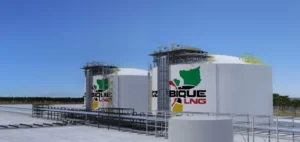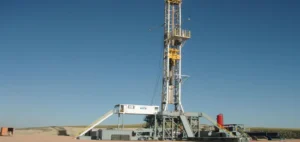Germany is increasing its LNG imports, with Venture Global and EnBW agreeing on 2 million metric tons (MTMA) per year. In September 2022, the American supplier Venture Global signs a 20-year agreement with EnBW. Since the invasion of Ukraine, Germany has been trying to get rid of Russian imports by relying on LNG.
An extended partnership
In Germany, the partnership between Venture Global and EnBW amounts to 1.5 million metric tons. Since the gas cut-off by Russia the energy crisis is getting worse. From then on, in order to pursue its quest for independence, Germany constantly increased its imports.
Thus, the expansion of the agreement now amounts to 2 million tons. In addition, EnBW is increasing Venture Global’s long-term LNG offtake volume by 0.5 MTMA. A choice that seems to satisfy Mike Sabel, CEO of Venture Global:
“The German government has taken swift action to address the energy crisis and we are honored to support its efforts by securing LNG supplies from the United States.”
Germany relies on LNG
Germany is the first EU country to declare the alert level for its Russian gas imports. Since then, the country has been seeking to reduce the share of Russian energy in its supply mix. Thus, LNG appears to be the back-up solution
The United States positioned itself very early on as an indispensable partner thanks to the exploitation of oil shale. Since then, the country has strengthened its supply partnerships with the United States. Finally, Germany has been pursuing the installation of 4 floating LNG terminals in the North Sea since May.






















